Introduction
In the world of gardening and outdoor maintenance, the humble water hose plays a pivotal role. Yet, not all hoses are created equal. The durability and functionality of a hose can significantly impact its performance and lifespan. This article delves into the realm of rubber water hoses, exploring their inherent durability, the science behind their construction, and the various types available. We'll also guide you through the factors to consider when choosing a durable rubber water hose, maintenance tips to enhance their longevity, and real-world examples of their durability in different scenarios.
Understanding the Importance of Durability in Rubber Water Hoses
Rubber water hoses, often referred to as heavy-duty hoses, are renowned for their durability. This durability stems from the material's ability to withstand pressure, making it an ideal choice for tasks involving high-stress liquid flow. Rubber hoses resist deterioration even when wet, and some are reinforced with polyester for added strength. The durability of these hoses not only ensures longevity but also provides cost-saving benefits, as the need for frequent replacements is significantly reduced.
The Science Behind Rubber: Material and Durability
Rubber is an elastic material produced naturally or synthetically, each type demonstrating unique properties. It's an essential raw material in various products, including water hoses. Natural rubber, derived from the Hevea brasiliensis tree, boasts high tear and tensile strength, resilience, and resistance to abrasion, friction, extreme temperatures, and water swell. Synthetic rubbers like Neoprene, Silicone, Nitrile, EPDM, SBR, Butyl, and Fluorosilicone each have distinct properties, making them suitable for specific applications. The durability of rubber, whether natural or synthetic, is a key factor in its application in water hoses.
Types of Rubber Water Hoses and Their Durability
Garden hoses come in various types, including those made from innovative rubber materials. These hoses are designed for durability and flexibility, making them ideal for various watering tasks. For instance, heavy-duty rubber hoses are suitable for high-pressure water needs, while lightweight ones are perfect for limited watering chores. There are also expandable rubber hoses that stretch when water is on and retract for easy storage. The durability of these hoses is determined by their burst pressure rating, which indicates how much internal water pressure they can handle before bursting. High-quality rubber hoses often have high burst pressure ratings, indicating superior durability.
Factors to Consider When Choosing a Durable Rubber Water Hose
When choosing a durable rubber water hose, consider its length, diameter, material, strength, and couplings. The length should suit your needs without being cumbersome. The diameter affects water flow and pressure, with ⅝ inch being the most common. The material should be waterproof and flexible. Strength is indicated by the burst pressure rating, which should be at least 350 psi for frequent use. Couplings made of brass, aluminum, or stainless steel last longer. Some hoses come with quick-connect push-type fittings for easy attachment and detachment.
Maintenance Tips for Enhancing the Durability of Rubber Water Hoses
Proper maintenance of rubber water hoses is crucial for enhancing their durability. It begins with correct storage, ensuring the hose is kept in optimal conditions before use. Regular checks on the hose's condition are necessary before assembly. It's important to verify the hose's specifications against the technical data sheet. Planning periodic maintenance is also key, with attention to any anomalies. If detected, the hose should be replaced. Periodic hydrostatic tests are recommended to verify the hose's integrity.
Real-world Examples: Durability of Rubber Water Hoses in Different Scenarios
Our top-selling heavy-duty rubber hose has proven its durability through years of testing in various scenarios, from washing cars to gardening. Despite not being kink-proof, its performance surpasses many other hoses that degrade after a year or two. Our premium 5/8-inch Polyurethane Garden Hose, although a bit more expensive, is lighter, easier to loop, and more durable than most hoses. The compact ⅜-inch Self Coiling Garden Hose, ideal for small spaces, showcases its durability through its retractable design and extended warranty. Lastly, our 82ft Retractable Hose Reel, despite having a smaller diameter, offers a simple and efficient way to manage a lot of hose with minimal effort.
Conclusion
In conclusion, the durability of rubber water hoses is a testament to the remarkable properties of rubber, both natural and synthetic. Their ability to withstand high pressure, resist deterioration, and adapt to various tasks makes them a cost-effective and reliable choice for many. The selection process involves careful consideration of factors like length, diameter, material, strength, and couplings. Proper maintenance further enhances their durability, ensuring they serve you well for years. Real-world examples like our top-selling heavy-duty rubber hose and the premium 5/8-inch Polyurethane Garden Hose underscore the superior durability of these hoses. Ultimately, understanding the power of durability in rubber water hoses can guide you to make an informed choice, ensuring your hose meets your needs and stands the test of time.


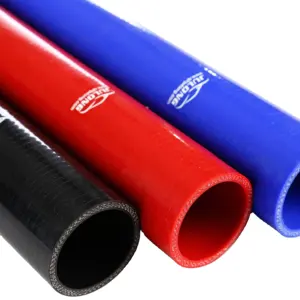



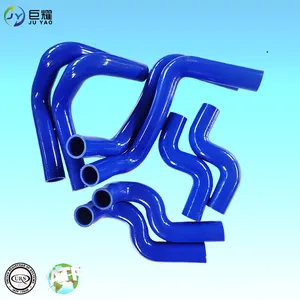



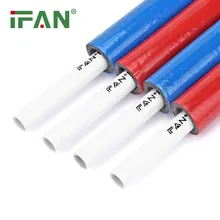

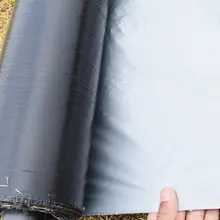
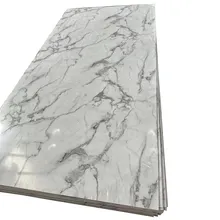



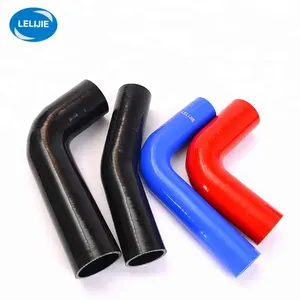



















 浙公网安备 33010002000092号
浙公网安备 33010002000092号 浙B2-20120091-4
浙B2-20120091-4